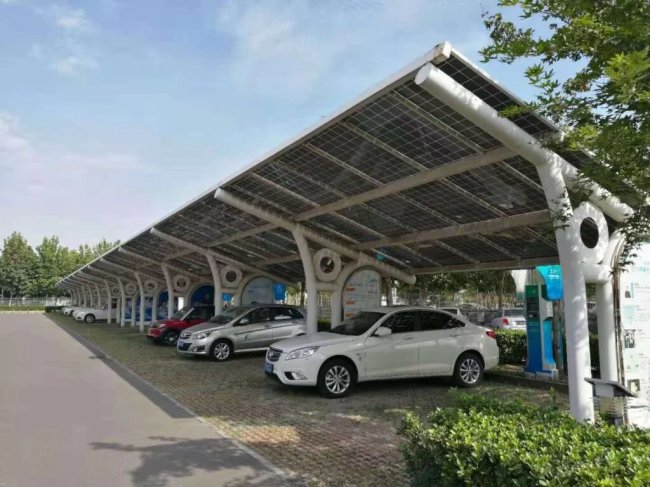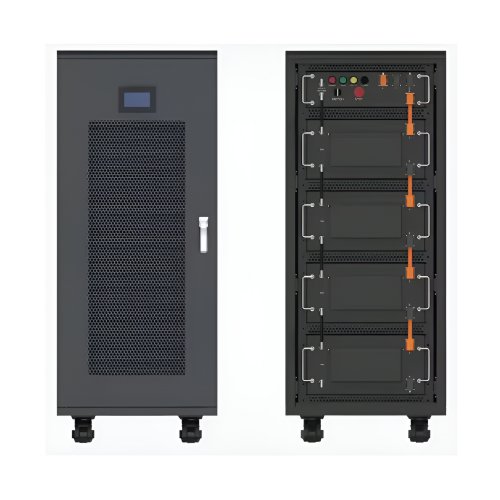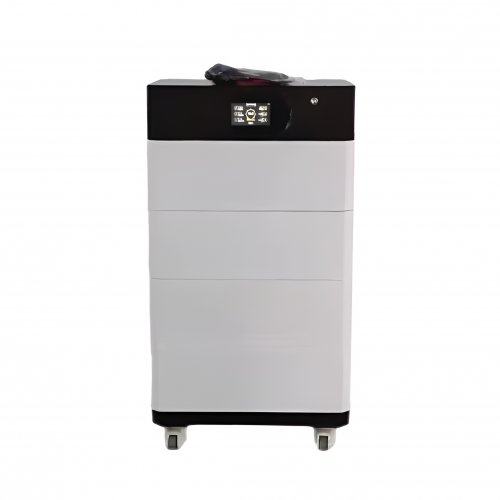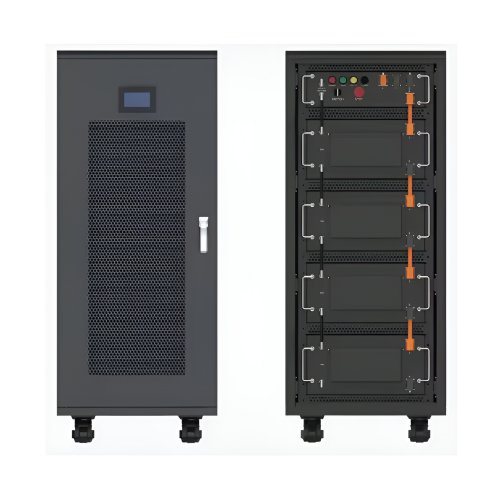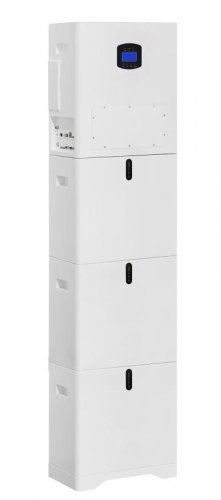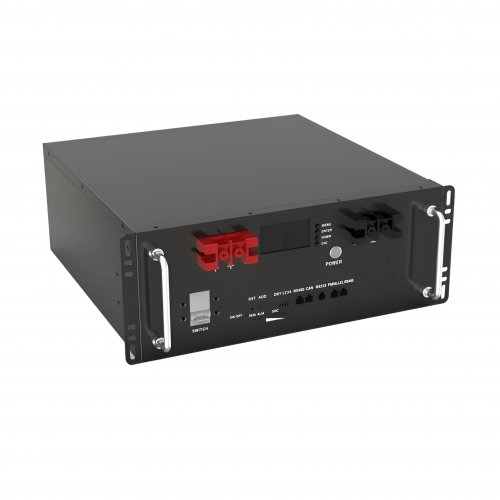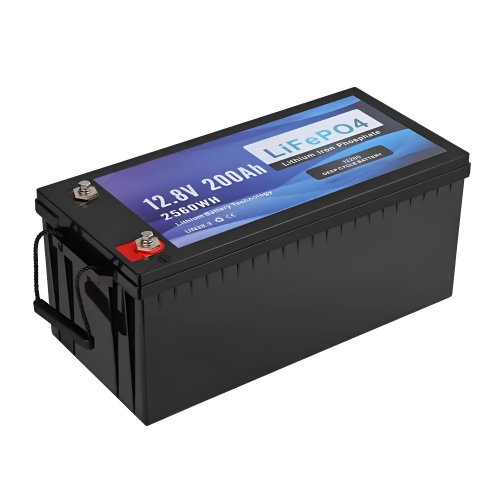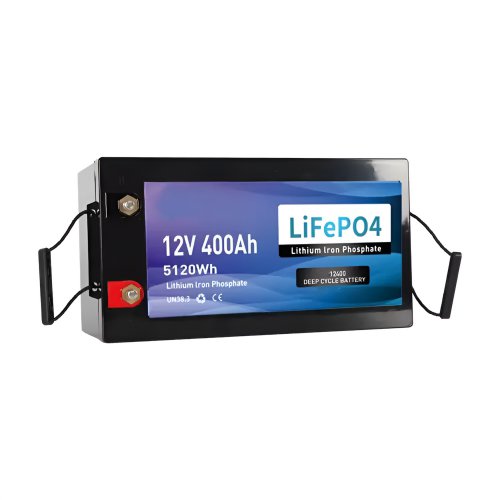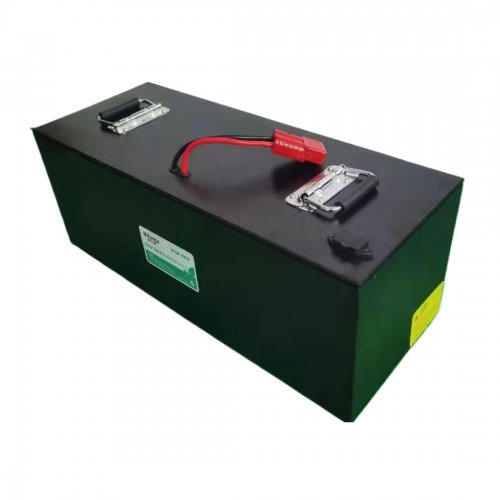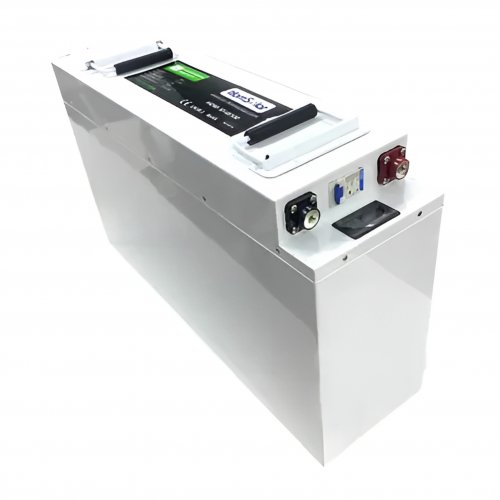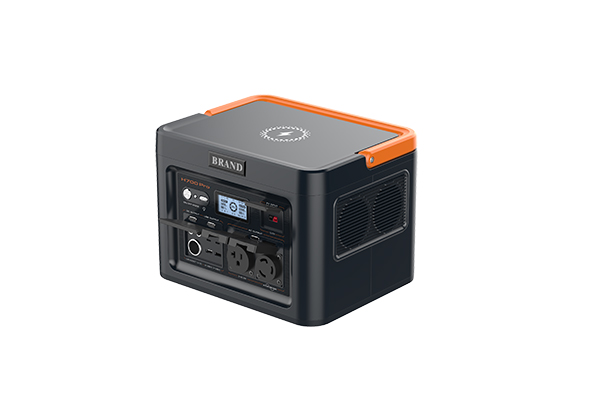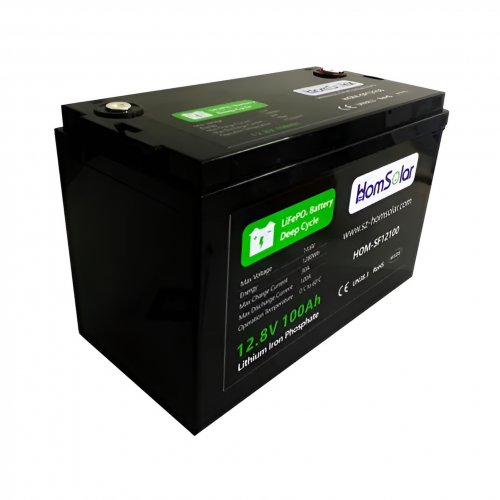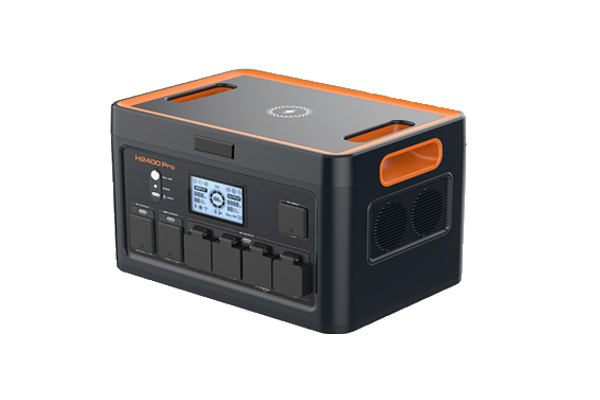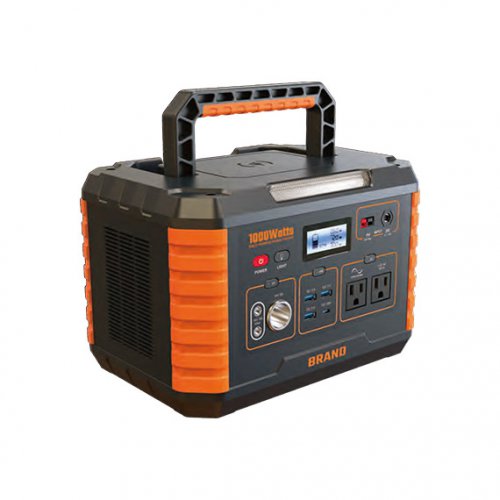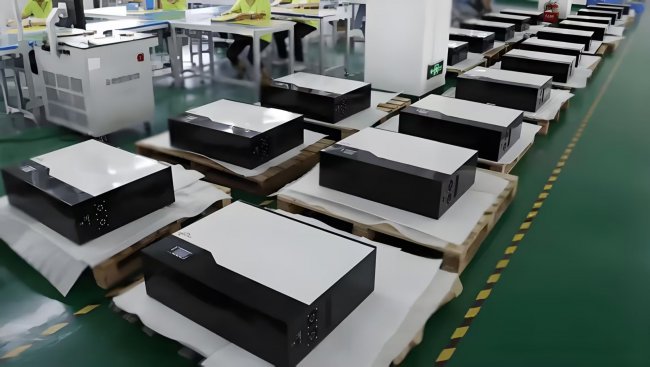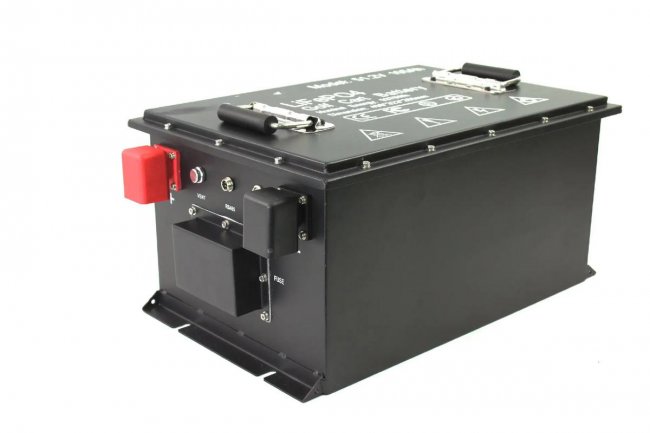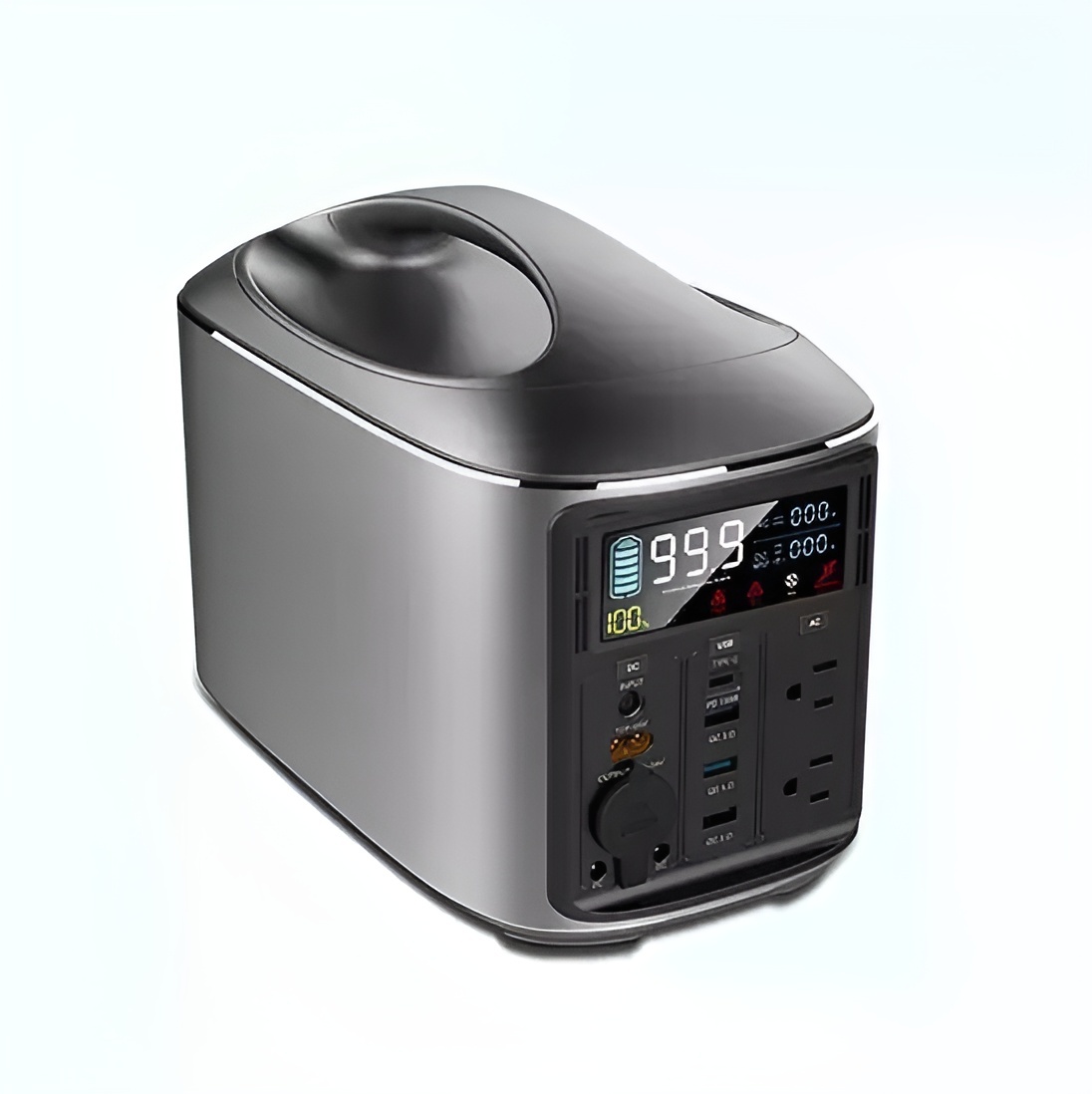Providing a response to skills assessment in the solar PV market
Why are there no certification services for solar PV systems in IECRE, the IEC System for Certification to Standards Relating to Equipment for Use in Renewable Energy Applications?
We have had a certification and testing scheme for PV modules and inverters through IECEE, the IEC System for Conformity Assessment Schemes for Electrotechnical Equipment and Components. It is very well established and has already been up and running for 22 years. IECEE certification for solar panels is now a market requirement and manufacturers cannot export their products if they are not IECEE certified. When IECRE was created 10 years ago, it was launched with the wind industry in mind. The marine sector was only in the very early stages, so it made sense for that industry as well. Marine experts were able to build everything around IECRE certification, with all the right rules and documents in place to do that. And they have made good progress over the past decade. The issue with solar PV systems is that when IECRE was set up 10 years ago, there was already an existing, pretty wide infrastructure of private certification services, which all promote themselves as being the best one in the market. This meant it was always going to be a hard sell to propose a rival certification scheme, even if it was to be independent and third-party. Business models already existed without IECRE. And we struggled with that in the beginning. But the good news is that we are working on a new scheme which we expect to meet market requirements for solar PV systems.
What type of new scheme?
In the past year, we have been surveying the market and gathering intelligence. We have noticed that the requirements to certify people and check whether they have the right skills for different areas of industry is a growing concern. To meet 2030 and 2050 zero carbon targets, solar PV systems are becoming ubiquitous all around the world and there is a large potential for their growth in emerging and developing countries. There will literally be thousands of people involved in installing these systems in the coming years. There is a market-specific need to train and assess the skills of workers involved in the market, especially in emerging countries, in the Middle East, Africa and Asia. Investors in these emerging nations need to know that the products they are financing will be installed correctly, by qualified personnel.
When will this new service become operational?
We are at the stage where we are finalizing the documents and consulting the certifying bodies to ask for their input. Once we have done that, we will submit the proposal to the Renewable Energy Management Committee (REMC). If the REMC approves it, we could launch the new scheme during the next two to three years.
Could you imagine having a skills competency scheme for new areas like floating solar energy?
Yes, absolutely. TC 82 is working on new standards for that area. The initial competency scheme will be based on our well-established standards for land-based systems. But there are indeed different requirements for floating solar systems: first of all, they are in the water, and cables and electrical equipment underwater have very different requirements, including the expertise to install them. We have started collaborating with IEC TC 114, which standardizes marine energy systems because the experts there have a wide understanding of the motion of waves and how they affect floating systems. The stresses on the PV modules are very different from what we have been dealing with. In the more distant future, we could even envisage standardizing structures that capture energy from the waves, the sun and even the wind at the same time.
TC 82 is developing a technical report, TR 63525, on the reuse of PV modules. Is the circular economy becoming an important concern for the solar PV market?
The huge forecast growth of the PV industry in coming years means that there will be millions of solar panels produced and installed, and we need to start thinking about reuse and recycling. Solar panels have a long lifespan – around 30 years – but we must prepare for a world where modules will be repaired or replaced. Our project team has been looking at several different scenarios and the most useful ways to address them. In one scenario, it is worth simply repairing the module for it to have a longer working life, because the repair is easy to make and not too costly. In another scenario, the system may need replacing but the module itself is perfectly fine and can be used for a second life in remote and poor communities who can’t afford to install the most recent tech. And a third one is about recycling the materials in the system. About 70% of a module is made of glass which is easily recyclable. Other parts such as silicon wafers and metals used for semiconductors are much more difficult to recycle. But there are companies already involved in that business. Some companies estimate that over 75% of a PV module can now be recycled thanks to innovative and high-performance processing and sorting techniques. The report looks at what is economically feasible and what steps need to be taken for economic viability. It comes down to the volumes and how to industrialize processes to bring costs down. It is also an area where skills assessment will be required in the future, as we will need inspectors and testers of existing installations, as well as people who know how to dismantle, repair and recycle.
What would say will be required the most of TC 82 experts in coming years?
Customized/OEM/ODM Service
HomSolar Supports Lifepo4 battery pack customization/OEM/ODM service, welcome to contact us and tell us your needs.


HomSolar: Your One-stop LiFePO4 Battery Pack & ESS Solution Manufacturer
Our line of LiFePO4 (LFP) batteries offer a solution to demanding applications that require a lighter weight, longer life, and higher capacity battery. Features include advanced battery management systems (BMS), Bluetooth® communication and active intelligent monitoring.

Customised Lithium Iron Phosphate Battery Casing
ABS plastic housing, aluminium housing, stainless steel housing and iron housing are available, and can also be designed and customised according to your needs.

HomSolar Smart BMS
Intelligent Battery Management System for HomSolar Energy Storage System. Bluetooth, temperature sensor, LCD display, CAN interface, UART interface also available.


Terminals & Plugs Can Be Customized
A wide range of terminals and plugs can be customised to suit the application needs of your battery products.

Well-designed Solutions for Energy Storage Systems
We will design the perfect energy storage system solution according to your needs, so that you can easily solve the specific industry applications of battery products.



About Our Battery Cells
Our energy storage system products use brand new grade A LiFePO4 cells with a battery lifespan of more than 4,000 charge/discharge cycles.



Applications in Different Industries
We supply customized & OEM battery pack, assemble cells with wiring, fuse and plastic cover, all the cell wires connected to PCB plug or built BMS.
Applications: E-bike, Electric Scooter, Golf Carts, RV, Electric Wheelchair, Electric Tools, Robot Cleaner, Robot Sweeper, Solar Energy Storage System, Emergency Light, Solar Power Light, Medical Equipment, UPS Backup Power Supply.
We can provide you with customized services. We have the ability to provide a vertical supply chain, from single cells to pack/module and to a complete power solution with BMS, etc.


HomSolar (Shenzhen) Technology Co., Ltd







